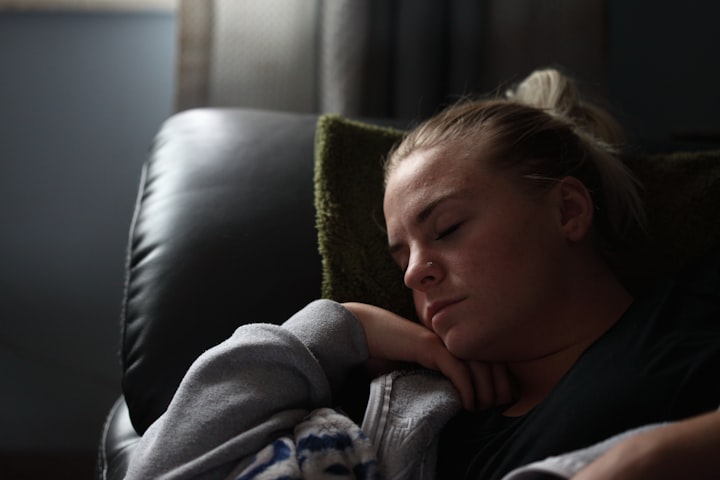Napping: The Benefits and Science Behind a Daytime Snooze
"The Fascinating Science Behind the Benefits of Napping"

Get ready for some serious snooze talk! We all know a whole night's sleep is like a magic potion for our memory, mood, and immune system, right? Regarding the benefits of sleeping, the list is quite extensive. But have you ever wondered about the power of a good old nap during the day? Is it good or bad for you? And is there an optimal time for it? Napping has been a topic of interest for scientists for many years, with research showing that even short naps can improve cognitive function, creativity, and reaction time. Let's dive into the nap zone!
First, let's clear the air: napping is necessary, especially for kids. The younger you are, the more sleep your developing brain and body need. That's why newborns should nap for 14 to 17 hours daily, while preschoolers need 10 to 13 hours of shut-eye daily. That's like cat-level napping, people! If you're a kid and you kick and scream when you hear it's nap time, tough luck, buddy. You need it! And if you're a junior high schooler and nodding off in class, tell your teacher that science says it's healthy. It won't get you out of trouble, but at least you can all laugh about it later.
Now, what about us grownups? Do we need to sneak in a nap? Technically, no. It's not something we, as a species, need to do intrinsically. Our modern way of life, with our 9-to-5 jobs and fancy electric light bulbs, might have changed how we sleep compared to our ancient ancestors. But, let's face it, napping still has its potential upsides. Our brains go through different sleep stages, and a nap's benefits are correlated with its length. Taking a brief power nap for 20 minutes could be sufficient to make you feel revitalized and attentive upon waking up. A short rest could also help your memory, while longer naps could significantly benefit learning and recall.
But be warned! The perfect nap length will vary from person to person. The 20-minute power nap is a relatively easy and fast rule. You may get the same benefits from as little as 10 minutes of sleep or as much as 45 minutes. And don't let your brain go into the deep sleep stage, or you'll wake up feeling groggy and paradoxically more tired. Plus, napping at the wrong time of day can make falling asleep later that night difficult. So, if you're on the 9-to-5 grind, avoid sleeping after 4 p.m. Unless you want to take a nap at work, in which case, don't blame me if your boss disapproves!
It's important to note that finding the perfect nap length is not a one-size-fits-all situation. While the 20-minute power nap is a common suggestion, different people may benefit from different lengths of naps. Some may only need 10 minutes, while others may benefit from a more extended rest of up to 45 minutes. Avoiding deep sleep during a nap is essential since it can lead to grogginess upon waking up. Moreover, the timing of your nap can also affect the quality of your sleep later on. If you work a 9-to-5 job, avoid napping after 4 p.m. to prevent difficulty falling asleep at night. Of course, if you need to nap at work, proceed with caution and be prepared for the consequences if your boss disapproves.
Are you Team Nap or Team Sleep? Regular nappers get more out of it than those who don't doze off daily. They might feel sharper and in better spirits than their counterparts, who feel sluggish after waking up. But if napping isn't your thing, there's always coffee!





Comments
Kenya Lassiter is not accepting comments at the moment
Want to show your support? Become a pledged subscriber or send them a one-off tip.